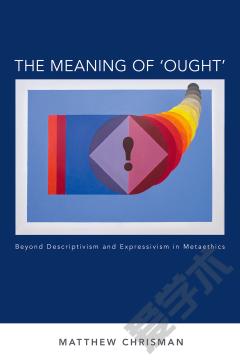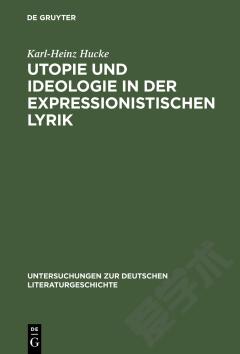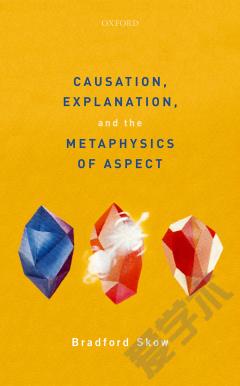The Meaning of 'Ought' —— Beyond Descriptivism and Expressivism in Metaethics
----- “应该”的含义:元伦理学中描写主义和表达主义及其他
This book motivates a novel inferentialist account of the meaning of a core set of normative sentences. Building on a careful truth-conditionalist semantics for 'ought' considered as a modal word, Chrisman argues that ought-sentences mean what they do neither because of how they describe reality nor because of the noncognitive attitudes they express, but because of their inferential role.
{{comment.content}}








 京公网安备 11010802027623号
京公网安备 11010802027623号